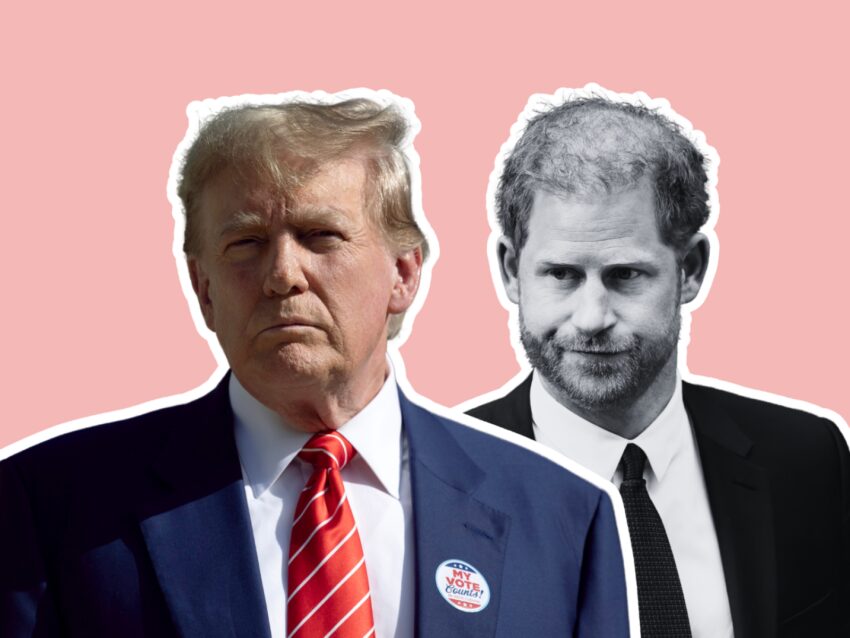In a bold move, Prince Harry has requested a staggering 50 bodyguards for his upcoming visit to the UK.
This demand, driven by his concerns over recent stabbings in Southport, has ignited a fierce debate about the level of security appropriate for members of the royal family.
Major Johnny, a notable figure in the British security sector, has publicly criticized Harry’s request, calling it both excessive and unwarranted.
The controversy stems from Harry’s ongoing legal battle with the UK government regarding the removal of his taxpayer-funded police protection.
While he has offered to pay for his own security, the government has remained firm in its decision, prompting Harry to explore alternative options for safeguarding himself during his stay in Britain.
Major Johnny did not hold back in his response, stating bluntly, “You’ll get nothing,” in reaction to the Duke of Sussex’s demands.
In his critique, Major Johnny argued that Harry’s call for such an extensive security detail is out of proportion to the actual risks involved.
He pointed out that the Southport stabbings, although tragic, were isolated events that do not justify deploying an army of 50 guards.
According to him, this situation represents an overreaction and a possible exploitation of public fear for personal benefit.
This clash of opinions has opened up a broader conversation about the balance between individual safety and public resources.
Many are questioning whether the royal family deserves special treatment when it comes to security, particularly given the controversies surrounding other royals like Prince Andrew and the ongoing tensions within the Windsor family.
One security analyst raised a provocative point: if ordinary citizens don’t have access to such high-level protection, why should a royal be entitled to it?
This sentiment echoes a growing concern about elitism and the disconnect between the monarchy and the general populace.
On the flip side, supporters of Prince Harry argue that his unique status and the threats he faces as a royal warrant heightened security measures.
His legal team has highlighted that he has been targeted by extremist groups, including neo-Nazi factions, emphasizing that the safety of him and his family must take precedence.
This perspective underscores the complexities involved in assessing security needs for those in the public eye.
The ongoing debate also reflects the challenges faced by the UK government in managing the security demands of the royal family while addressing public safety concerns.
With police budgets under pressure and crime rates on the rise, many are questioning the rationale behind allocating resources to protect a select few individuals.
An opposition party member voiced a common concern, stating that the government needs to reassess its priorities and focus on ensuring the safety of the general public.
Despite the criticism, Prince Harry remains resolute in his request for comprehensive protection during his trip.
His legal representatives reiterated his willingness to cover the costs personally, drawing attention to precedents where former public officials have continued to receive police protection after leaving office.
This insistence on security raises questions about the future of royal protection and how it aligns with public sentiment.
As the standoff unfolds, both the public and the security community are left wondering what the outcome will be.
Will Prince Harry’s demands be met, or will Major Johnny’s strong stance prevail?
The resolution of this dispute could set important precedents for royal security protocols and shape the relationship between the monarchy and the people of the UK.
